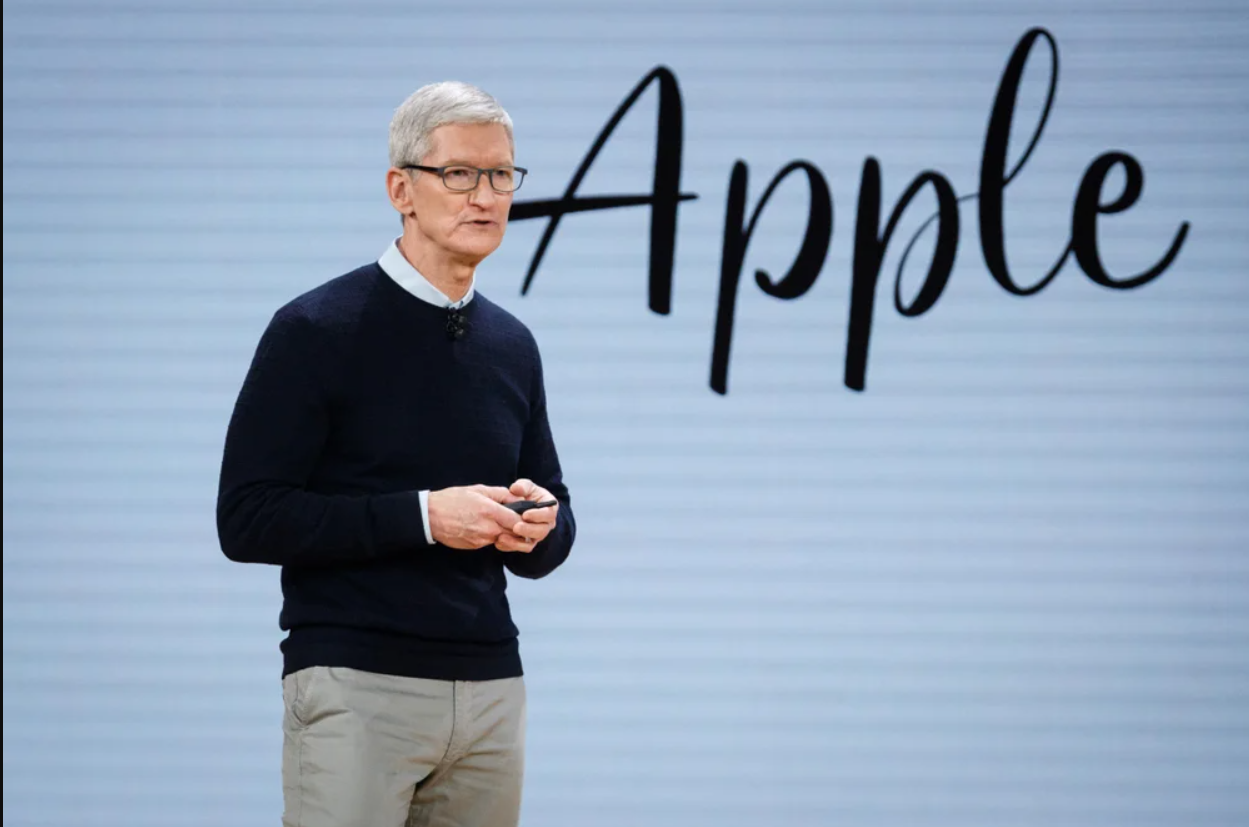

Apple’s recently launched product just before Halloween, Tim Cook, Apple’s CEO, unveiled the next generation of Mac computers that provide a glimpse into a future dominated by artificial intelligence (AI).
This event, themed “Scary Fast,” introduced Apple’s new custom-made M3 chips: the M3, M3 Pro, and M3 Pro Max.
These chips promise faster performance, improved graphics, and longer battery life.
They are not only great for everyday tasks but also support AI advancements because they are built using cutting-edge 3-nanometer technology.
These chips are set to come with Apple’s latest MacBook Pro and iMac models.
According to Cook, “They are the most advanced chips ever created for a personal computer.
This deep integration is something only Apple can deliver, and we never stop innovating.”
While companies like Microsoft, Google, and Meta have openly discussed their AI ambitions, Apple has been more discreet
Nevertheless, during this Halloween event, Apple’s vision for AI work and leveraging the power of these new chips seemed evident.
Dipanjan Chatterjee, an analyst at Forrester, stated, “Apple may not wax eloquent about AI but it knows very well that the use cases for this technology are booming and that the development work will require unprecedented computing power.
That’s a huge emerging opportunity, and Apple wants a piece of that pie.”
Apple demonstrated how researchers can use M3 devices for complex tasks like DNA/RNA sequencing, which could aid in early cancer detection and pandemic prevention, anywhere in the world.
They also showcased a promotional video illustrating how Macs can be used for tasks ranging from analyzing ECG signals to mapping galaxies.
One actor in the video exclaimed, “It’s hard work.”
Another replied, “But you’re on a Mac, so how hard can it be?”
These upgrades arrive at a time when Apple is making significant strides in the traditional PC and laptop market.
However, it still ranks fourth in the number of products shipped, following Lenovo, Dell, and HP.
In 2022, Apple shipped around 26 million Macs, constituting 9.1% of the overall market, up from 7.8% the previous year.
In the same year, the overall PC market saw a 15% decline compared to the previous year, with about 292 million computers shipped.
While iPhones and Apple services like iCloud, Apple TV+, and Apple Music continue to be major revenue drivers for the company, Mac and iPad sales have declined due to weaker demand, excess inventory, and economic challenges.
Apple is introducing these new chips to potentially boost revenue, especially during the holiday season, with the release of the iPhone 15.
Still, there are concerns about lukewarm demand, particularly in the crucial Chinese market.
David McQueen, a director at ABI Research, finds it challenging to predict the impact of these new chips on the overall computer market.
Apple’s aim is not only to compete with Intel, but also with Qualcomm, AMD, NVIDIA, and Dell, by providing chips that support AI tools for productivity.
Kieren Jessop, an analyst at Canalys, believes it’s not about Apple catching up but about “running their own race.”
Apple’s focus on the ‘Pro’ user suggests they are inviting developers to enhance their platform and create their sandbox for developers to work in.
While Apple’s vision for the AI era remains somewhat enigmatic, the introduction of the M3 chip for the MacBook Pro and iMac lines solidifies its commitment to a future rich in AI integration.
Safaricom Expands 5G Coverage To 35 Counties, Slashes 5G Router Prices

